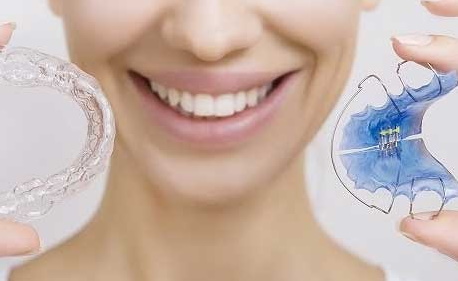All You Need To Know About Wisdom Tooth Removal
Not many people think of extracting their wisdom teeth, especially if they aren't causing any problem. However, most dentists recommend having them removed even if they aren't creating any trouble as they are likely to do so in future.

Why Is It Essential To Remove Your Wisdom Tooth?
Most people get four wisdom teeth at the back of their mouth – two on top and two on the bottom. Wisdom teeth are the last to erupt in the mouth, and they are known as the third set of molars emerging during your teenage or adulthood.
Not everyone may get their wisdom teeth. These teeth aren't essential for chewing, and hence whether you develop them or not, you will be able to chew and eat all food items.
Our human ancestors were known to have larger jaws that could accommodate these extra teeth easily. However, modern humans have comparatively smaller jaws, making it difficult for the wisdom teeth to fit comfortably without crowding the neighbouring teeth.
Some common issues with wisdom teeth are that they may grow flat on the sides, emerge at a problematic angle, or get entrapped in the jawbone. Such issues may lead to pain and discomfort, causing damage to the neighbouring teeth or developing cysts.
Wisdom Tooth Removal Procedure
Extraction of wisdom teeth requires oral surgery that is done by administering local or general anaesthesia. Once the area is numb, your dentist in Toorak will use a particular dental instrument to detach connective tissues around the wisdom teeth. The teeth will then be removed, and the site will be surgically stitched. Finally, gauze will be placed for encouraging the healing of the wound.
How Will I Recover From Wisdom Tooth Removal?
Since the surgery involves sedation, it is best to bring someone along with you to drive you back home. You may experience slight discomfort after the removal of the tooth. However, this must improve in a week or so. You may feel soreness around the area, so avoid touching it with your tongue. Your dentist may recommend some pain medication, or you may opt for over-the-counter pain killers.
You need to be careful about post the surgery to avoid disturbing the area too much. Since there will be a blood clot in the tooth's socket removed, you must not interfere with it to ensure it remains intact. In addition, you must follow your dentist's instructions for changing the gauze regularly.
Post the surgery, you will be able to resume work or normal activities the next day. However, you must avoid physical activities that may disturb the blood clots. Also, you must eat soft food for a minimum of 1 day after the extraction.
Here are some tips to encourage healing post removal of the wisdom teeth:
1. Keep your mouth clean – Brush your teeth regularly post-surgery. However, be careful when you get near the site. You may opt for saltwater rinses to relieve pain and reduce swelling. Saltwater mix can be prepared easily by adding 5 grams of salt to 240 ml of water.
2. Try having more liquids in the first 24 hours – It is best to be on a liquid diet for 24 hours after the surgery. You may then shift to soft food for 4 to 5 days.
3. Use an icepack if you have pain – You can use an icepack to relieve the pain and swelling. Don't forget to have the medication prescribed by your dentist.
























